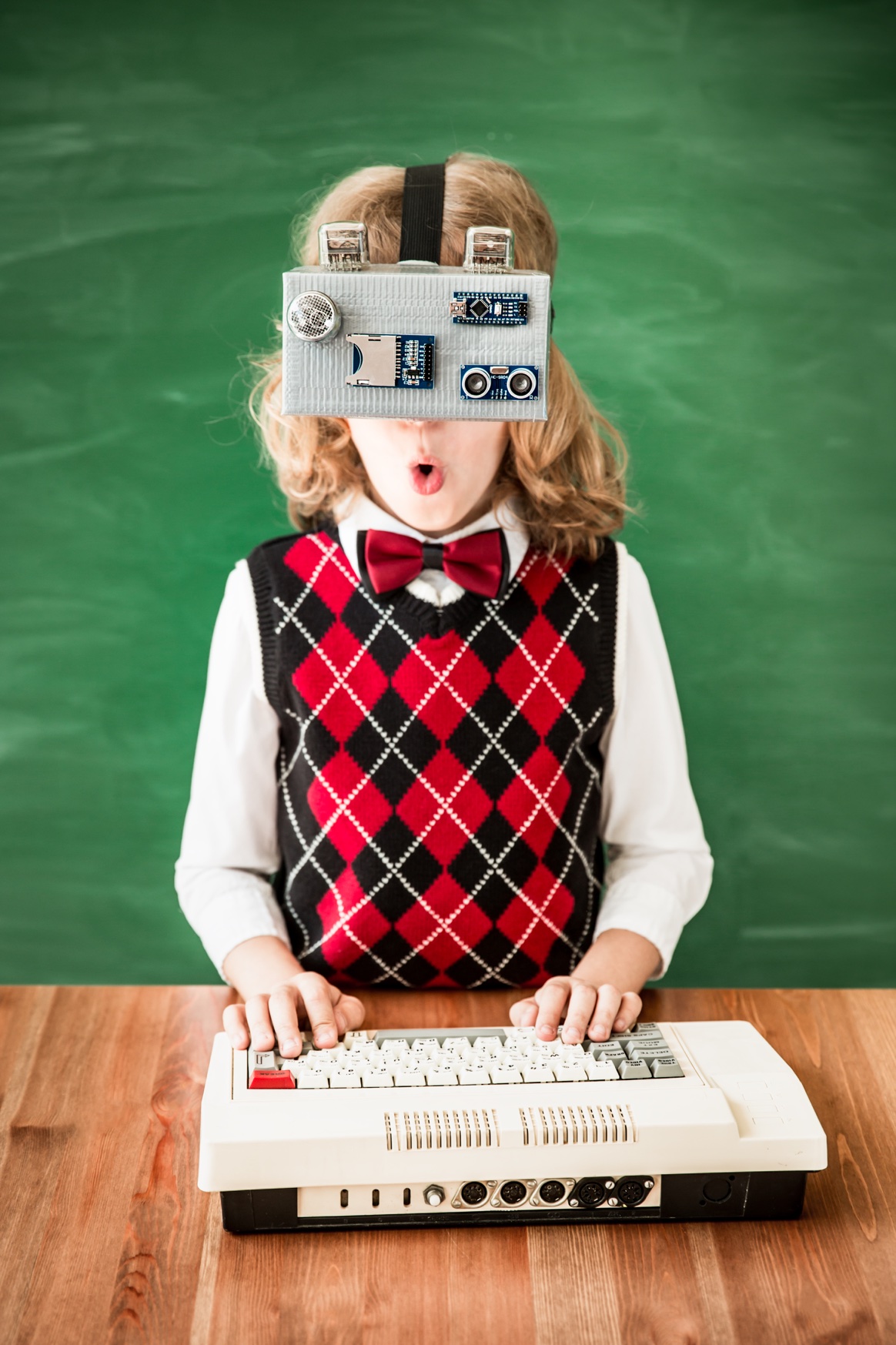Useful education for the future and educating for a useful future.

The current Covid-19 outbreak has resulted in school closures in many countries. Student learning faces significant disruption at an important time of the year (northern hemisphere) as exam season approaches for particular cohorts, and more generally for all students.
Into the breach has stepped online learning, employed by many schools to maintain as regular a programme of teaching and learning as possible for students. Numerous social media postings have understandably lauded the impressive efforts of school communities to soldier on in the face of some very challenging circumstances.
Inevitably, there has been some commentary on the possibility of such online learning becoming the norm in the (not too distant) future. Is it conceivable that schools as we know them may cease to exist, as the penetration of technology into the farthest corners of the world comes to enable much greater accessibility to online learning, without the necessity to travel to a central place or building?. Or will matters revert to ‘as you were’, comfortable and stable following so much recent upheaval? Quite likely, I would imagine, for the time being. But these times throw up a few questions I would pose for consideration at this point, once the present crisis has abated:
Debated ad infinitum, it is still pertinent to ask if the acquiring of knowledge and skills alone (in classrooms or online) is equivalent to an education, especially when this acquisition is now possible remotely, in a context where the teacher is a talking head at best, or a robot, perhaps, at worst?
Then again, what are we educating for? Has enough thought been given to the scenario that, alongside knowledge and skills, increasingly what we should be educating for in this uncertain century is an understanding and appreciation of human usefulness, value and sense of self-worth in an intricately interconnected world? This, while recognising that in the future the very electronic media which, to great acclaim today, delivered in the current circumstance may, as they evolve, overtake the necessity or the ability of future generations of humans to enter and maintain employment. What then will we humans be? Where will our value as humans lie? How will we spend our time? How will we be useful or even relevant?
The power of education in the fullest sense lies in preparing students to recognise also their personal worth, and respect themselves as humans, alongside all others, while encompassing, and learning to deal with, the full range of human experience and emotion – positive, negative and mundane. Alongside, but not subservient to, ubiquitous technology, who better to deliver this preparation than thoroughly professional human teachers, even if in a manner and context decidedly different than currently?
In these Covid-19 days many students are learning remotely via electronic media, and I am delighted for them and their schools. But as this century rolls along we will need to be perspicacious when balancing the human and the technological in matters of education. The online and remote genie is emerging from the bottle and is to be welcomed, once we appreciate that it will require all the ingenuity and capital of our future teachers and school leaders to manage the genie creatively in constructing a thoroughly rounded education for our students. I doubt very much this genie will return to this particular bottle any time soon, if ever!

2 Responses
I like to think this forced transition to online learning will give me a fresh chance to see the areas I/we can improve in the classroom (when we finally get back there)! Exciting, if strange, times!
Yes, teaching and learning in the future will be interesting … in class, online, blended, virtual, artificial … but we must remember the humans at the centre of the exercise and seek to empower their personal and interpersonal capacities. Keep me posted on your journey and let me know if I can help.